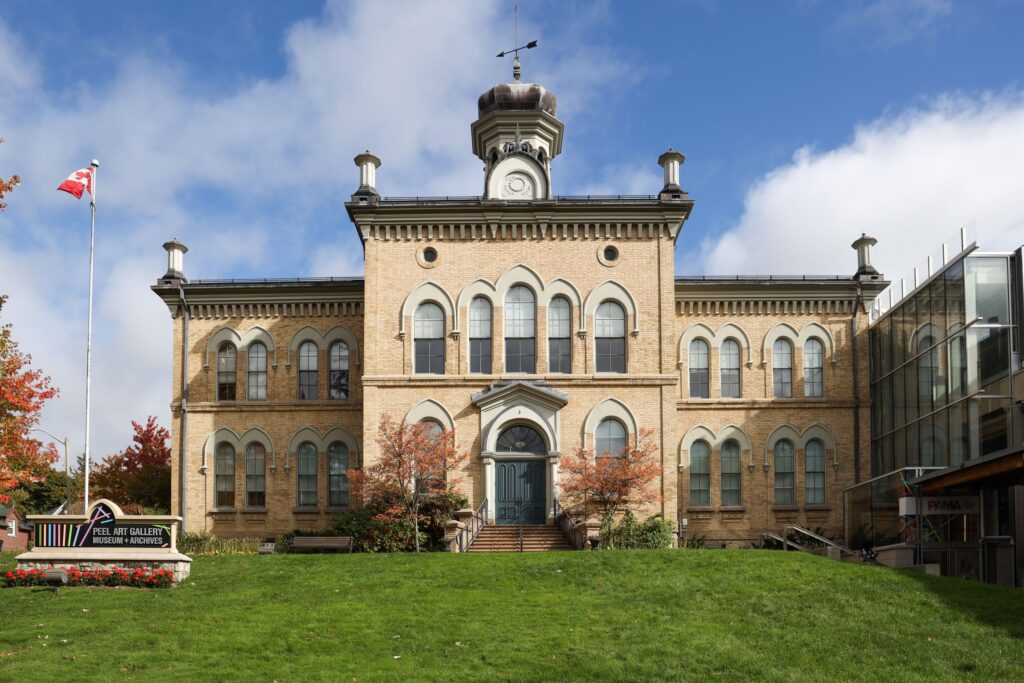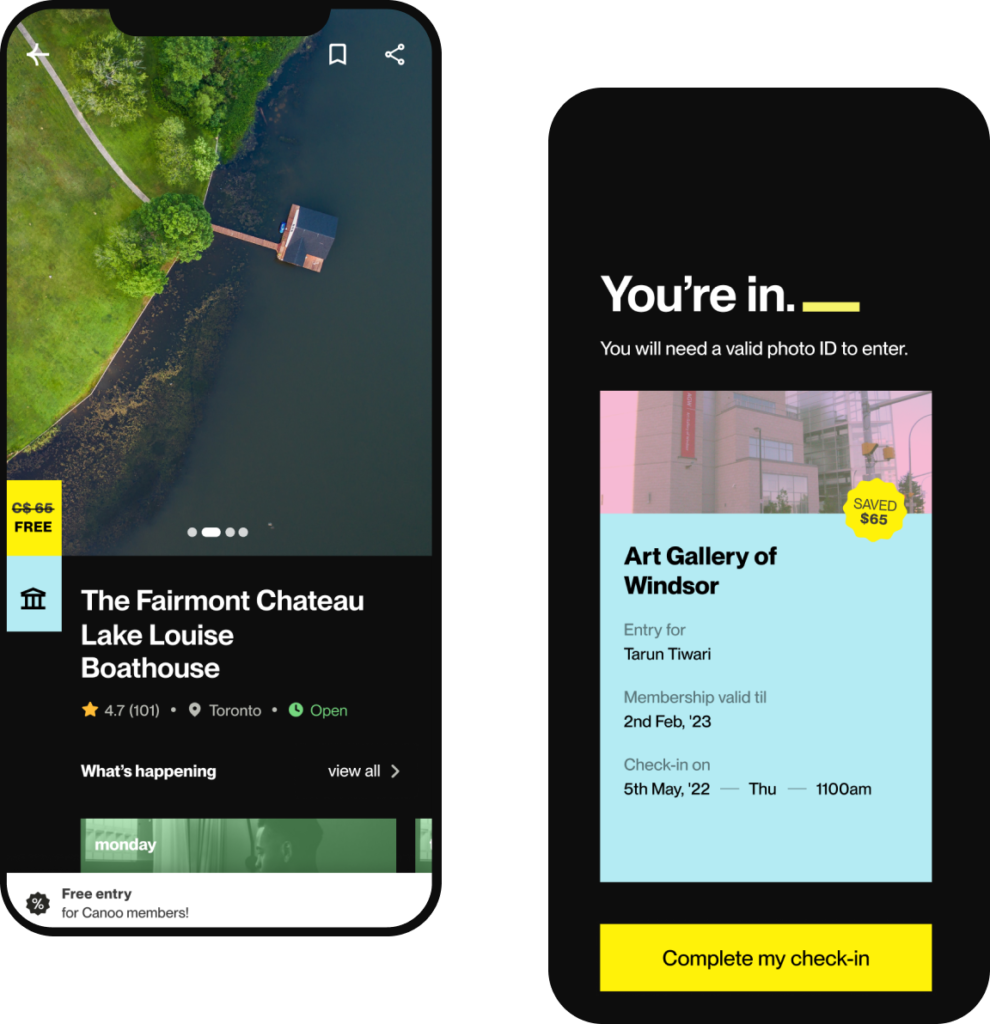Canada is a country known for its welcoming nature, diverse culture, and abundant job opportunities. Whether you’re a recent graduate looking for a fresh start or a seasoned professional seeking new horizons, working in Canada can be an exciting and rewarding experience. As a newcomer, you’re likely to have numerous questions and uncertainties about the Canadian job market, work culture, immigration processes, and more. Don’t worry, we have the answers!
What is required to legally work in Canada?
Canadian citizens, permanent residents and temporary residents all need a social insurance number (SIN) to work in Canada. Click to read the Ultimate Guide for Newcomers to Canada – Get a SIN.

How many hours a week can international students work while in Canada?
International students can apply for a permit to work up to 20 hours a week during the school term. During holidays or Reading Week, there is no limit to the hours you can work (beyond the standard labour rules that your employer must follow). If you apply for an on-campus job, you do not need a work permit and you won’t have a limit on how many hours you can work. See your on-campus resources for more information.
Can I work in Canada after I complete my studies?
Apply for a post-graduate work permit (PGWP), which allows you to work full-time.
I’m on a tourist visa – can I work in Canada?
No, you can’t work in Canada if you’re on a tourist visa. However, a tourist or visitor visa can convert into a work permit if you potentially receive a job offer. Warning: this can be a very difficult process. You will need to secure a job and the employer will have to justify hiring you versus a Canadian.
What is the legal working age in Canada?
The age requirement to legally work in Canada depends on the province, industry and type of work. Check your provincial Department or Ministry of Labour/Employment/Jobs for province-specific information.
How can I find out if my qualifications are recognized in Canada?
Some jobs in Canada require professional licenses or certifications. Find out if your credentials and/or degrees are recognized in Canada by visitng the Government of Canada website and get your credentials assessed.

While pursuing your career goals, remember to take care of yourself and maintain a healthy work-life balance. Canada offers an incredible quality of life, and it’s important to take advantage of the recreational activities, natural beauty, and experiences this country has to offer. By finding that balance, you’ll be able to enjoy both your professional success and your personal life.





